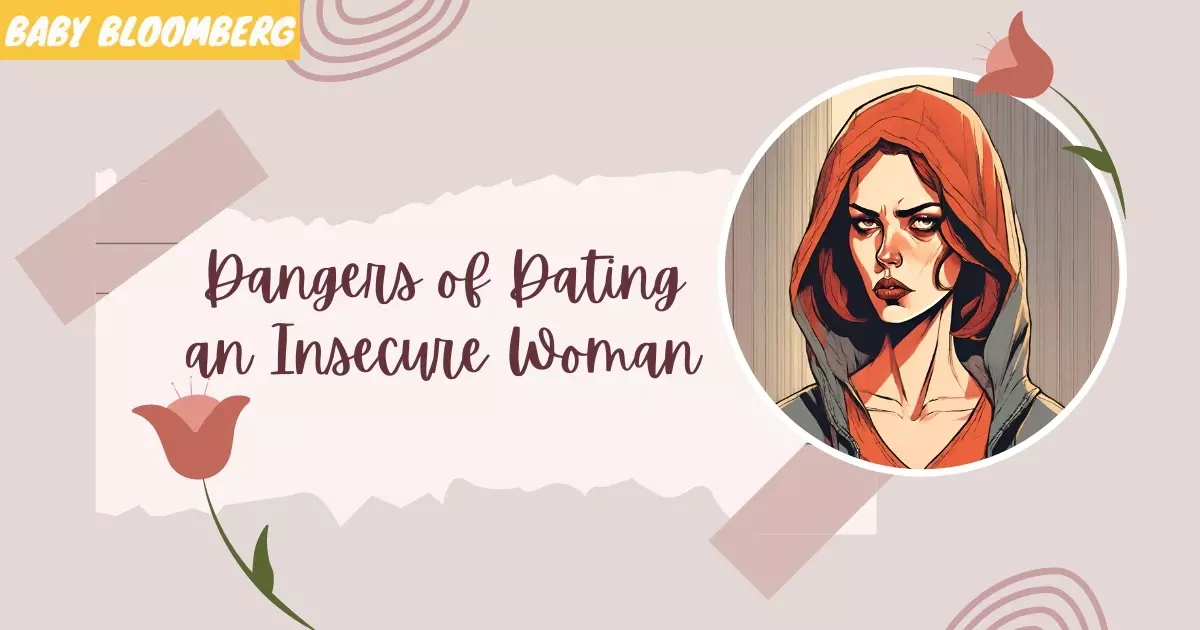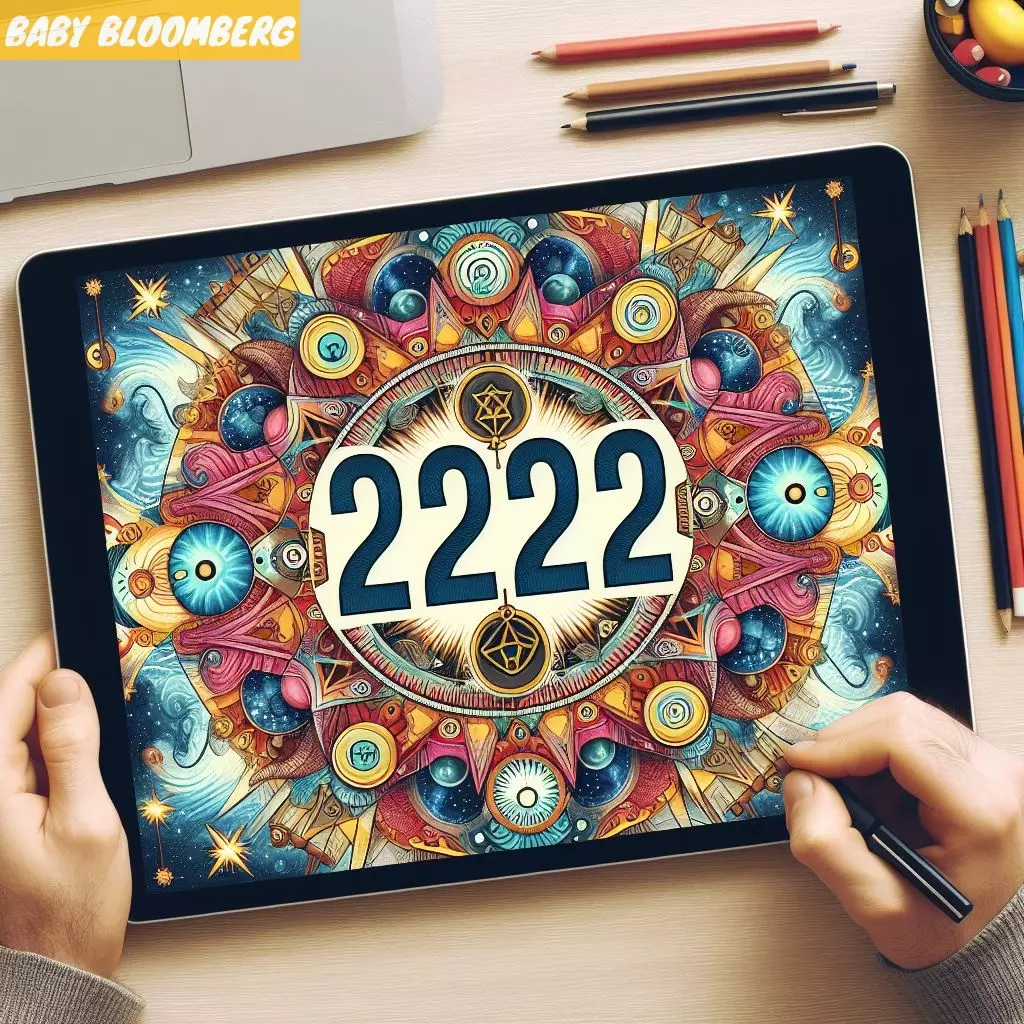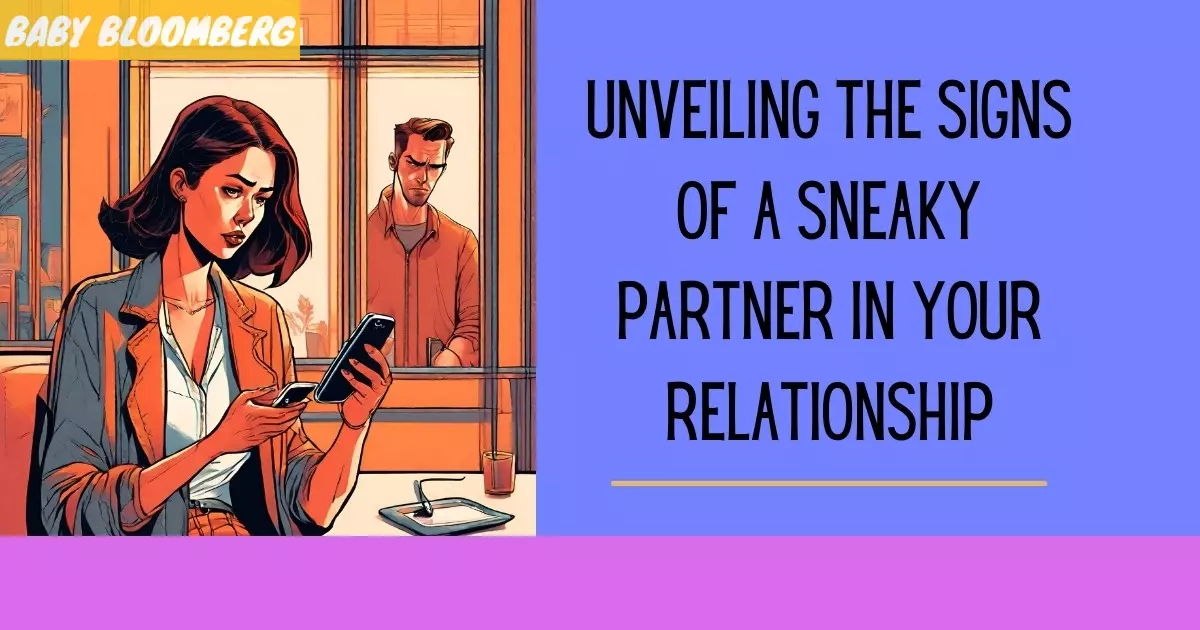As you embark on the exciting journey of dating in your 60s, it is essential to navigate the terrain with wisdom, self-awareness, and a discerning eye for potential red flags. While this phase of life presents unique joys and opportunities, it is important to approach it with caution, recognizing the common pitfalls that may arise. This comprehensive guide will explore the prominent red flags to watch out for when dating in your 60s, empowering you to make informed decisions and safeguard your emotional well-being.
Unveiling Red Flags in Dating After 60
An Illusion of Perfection
- Deceptive Facade: Beware of individuals who shower you with excessive affection and attention from the get-go. This “love bombing” technique is often employed to sweep you off your feet and create an illusion of an intense connection.
- Unrealistic Expectations: Be wary of partners who seem almost too perfect. Their seemingly flawless nature may be a façade to hide underlying issues or insecurities.
- Swift Commitment Pressure: If a new partner pushes for a serious commitment too early, it could indicate a desire to control or manipulate the relationship.
A Window into the Past
- Unresolved Past: Be cautious of partners who frequently bring up their exes in a positive or negative light. This could be a sign that they haven’t fully moved on or that they are still holding on to unresolved emotional baggage.
- Negative Comparisons: Beware of partners who constantly compare you to their exes, either favorably or unfavorably. This behavior can be emotionally draining and undermine your self-esteem.
- Hostile or Bitter Attitude: If your date expresses extreme bitterness or hostility towards their past relationships, it could be a red flag indicating unresolved emotional issues or a tendency to hold grudges.
Disrespecting Personal Space
- Encroaching on Boundaries: Pay attention to partners who disregard your personal boundaries or try to pressure you into things you’re uncomfortable with. This behavior can be a sign of controlling or manipulative tendencies.
- Dismissing Feelings: Be wary of partners who dismiss or invalidate your feelings or concerns. This disregard for your emotional well-being is a red flag that can lead to emotional distress.
- Lack of Autonomy: If your partner constantly tries to control your time, activities, or decisions, it could be a sign of an unhealthy need for control.
Financial Dissonance
- Financial Secrecy: Be cautious of partners who are secretive or evasive about their financial situation. This lack of transparency can be a sign of potential financial problems or dishonesty.
- Excessive Debt: If a potential partner has accumulated excessive debt, it could be a sign of poor financial management or irresponsible spending habits.
- Misaligned Financial Priorities: Be aware of partners whose financial priorities drastically differ from yours. This misalignment can lead to conflicts and disagreements down the road.
Recognizing Self-Destructive Behavior
- Obsessive Behavior: Be mindful of any obsessive or compulsive behavior in yourself that may indicate a need for self-reflection and emotional healing before entering a new relationship.
- Unresolved Emotional Issues: If you are struggling with unresolved emotional issues from past relationships or personal experiences, it’s important to address them before embarking on a new romantic journey.
- Self-Sabotage: Be aware of any self-sabotaging patterns or tendencies that may hinder your ability to form healthy and lasting relationships.
Navigating the Dating Landscape in Your 60s
Openness to Casual Relationships:
- Exploring New Possibilities: Don’t shy away from casual relationships or dating multiple people. This approach can allow you to explore your options and find someone who genuinely aligns with your needs and desires.
Embracing Online Dating Platforms:
- Expanding Your Reach: Utilize online dating platforms and services to connect with potential partners beyond your immediate social circles. These platforms can provide a convenient and efficient way to meet new people.
Revisiting Past Connections:
- Reconnecting with the Familiar: If there are individuals from your past whom you feel a connection with, don’t hesitate to reach out to them. Rekindling old flames can sometimes lead to fulfilling relationships.
Open Communication and Honesty
Disclosing Past Relationships:
- Transparency and Trust: Be open and honest about your past relationships, both good and bad. Transparency builds trust and fosters a foundation of authenticity in your new relationship.
Expressing Your Needs and Concerns:
- Effective Communication: Communicate your needs, concerns, and expectations clearly and respectfully. Open dialogue is essential for resolving conflicts and strengthening the bond between partners.
Trusting Your Instincts and Making Informed Decisions
Listening to Your Intuition:
- Inner Wisdom: Pay attention to your gut feelings and intuition. If something feels off about a potential partner, trust your instincts and proceed with caution.
Seeking Trusted Advice:
- Consult Loved Ones: Don’t hesitate to seek advice and support from trusted friends, family members, or a professional counselor. Their perspectives can provide valuable insights and help you make informed decisions.
FAQs: Resolving Common Dating Queries
- Q: How can I avoid falling prey to love bombing?A: Trust your instincts, observe their actions over time, and be cautious of partners who seem too perfect or push for a serious commitment too quickly.
- Q: What should I do if my date constantly talks about their ex?A: Express your concerns and boundaries. If they continue to dwell on the past, it may be a sign that they are not emotionally ready for a new relationship.
- Q: How can I establish healthy boundaries in a new relationship?A: Communicate your needs and expectations clearly. Respect each other’s personal space and autonomy, and be assertive when necessary.
- Q: What are some signs of financial incompatibility in a relationship?A: Pay attention to your partner’s financial habits, spending patterns, and attitudes towards money. Significant differences in financial priorities or excessive debt can be potential red flags.
- Q: How can I address self-destructive behavior before entering a new relationship?A: Seek self-reflection and emotional healing. Consider therapy or counseling to work through unresolved issues and develop healthier coping mechanisms.
- Q: Is it okay to explore casual relationships in my 60s?A: Absolutely. Casual relationships can provide opportunities for companionship, exploration, and personal growth without the pressure of a serious commitment.
Conclusion:
Dating in your 60s can be a fulfilling and rewarding experience when approached with wisdom, self-awareness, and a discerning eye for potential red flags. By recognizing the common pitfalls, embracing online dating platforms, and communicating openly about your needs and expectations, you can navigate the dating landscape with confidence and grace. Trust your instincts, make informed decisions, and embrace the journey with an open heart. Remember, you deserve a relationship that adds value, joy, and fulfillment to your life.











